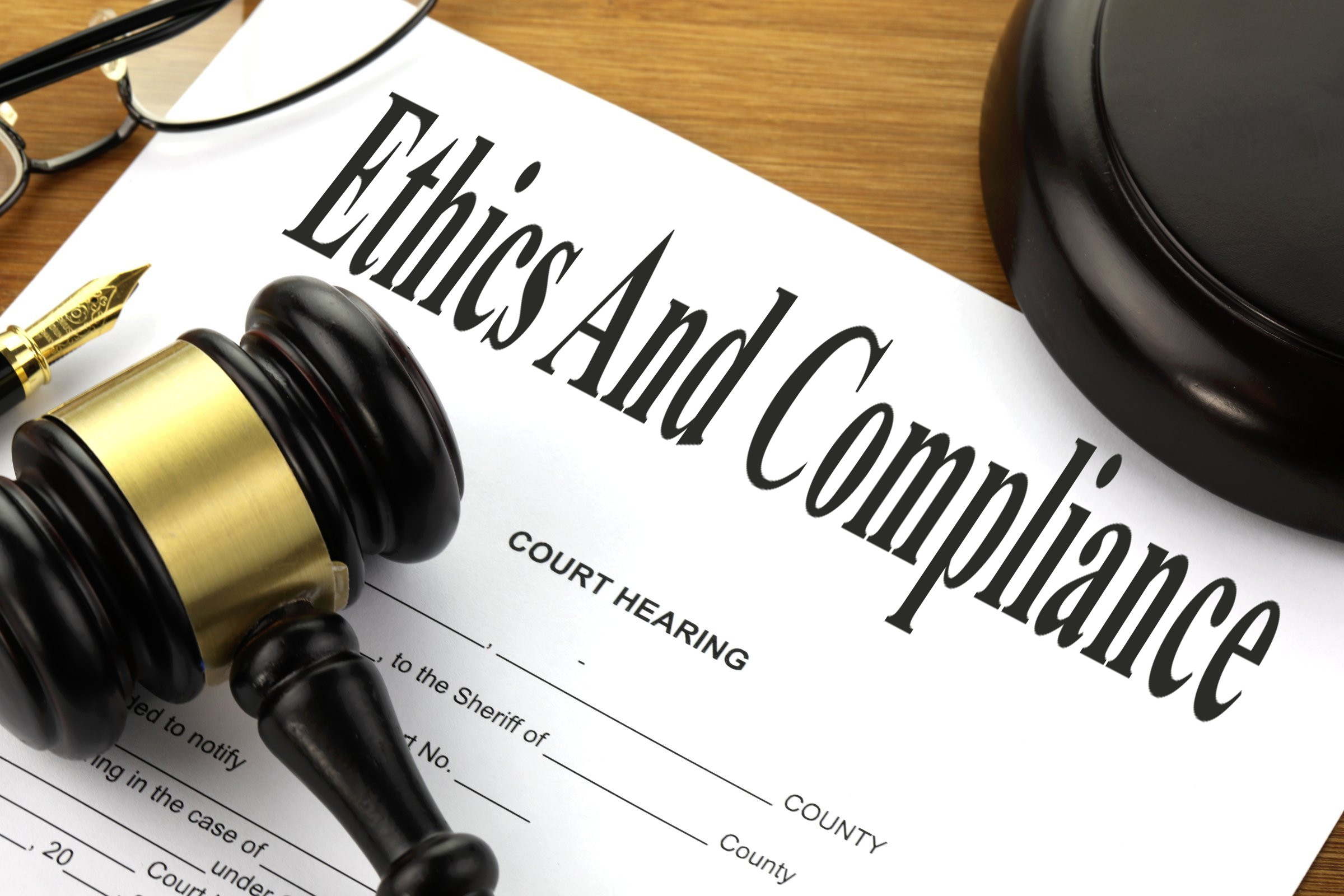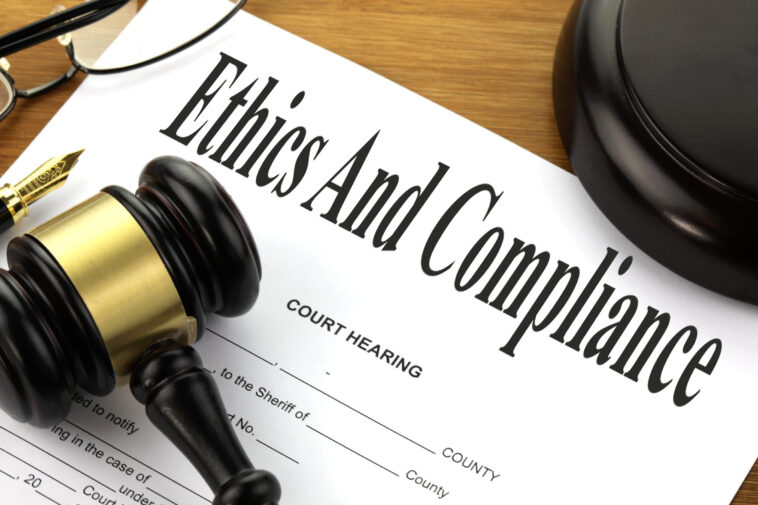
Should Religious Leaders Be Held Responsible for Disclosing Acts of Sexual Abuse to Law Enforcement?
The Case in Question
On Friday, Arizona Judge Timothy Dickerson ruled against a high-profile sexual abuse lawsuit against the Church of Jesus Christ of Latter-day Saints (LDS). The lawsuit charged multiple church officials, including “two bishops and several other officials with the church,” with failure to report the sexual abuse of church member Paul Adams’ daughter, which allowed the abuse to continue for seven years. The case was dismissed on the basis of the state’s clergy-penitent privilege, which protects information obtained during confidential conversations between clergy and penitent from being disclosed in criminal proceedings.
The Clergy-Penitent Privilege
The clergy-penitent privilege is a legal privilege that allows those seeking clergy counsel to communicate freely with their religious leaders with the understanding that the information shared in a confidential meeting will not be disclosed without their express consent. In cases where the privilege applies, acts of sexual violence that are confessed or discussed in a confidential meeting may sometimes be inadmissible for use as evidence in court.
Religious leaders hearing these confessions may feel as though their hands are tied, being legally unable to report a crime they know is happening. However, many states have enacted reporting laws to address the dangers of upholding this exception for clergy, especially in cases involving the abuse of minors.
The Dilemma of Hotlines
Religious institutions often have a choice in how they address the epidemic of sexual assault in their congregations. For the LDS church, the current tool used to address accusations of sexual violence and sexual abuse is a hotline. However, according to an investigative series published by VICE News, the hotline is used by the LDS church not to protect victims but to protect the church from being exposed to potential liabilities.
The hotline is a way for bishops to quickly get information on potential liabilities to the church’s lawyers, rather than to connect them with law enforcement officials who could prevent or end situations of abuse. This undermines the very purpose of reporting laws and puts children at risk of further harm.
The Role of Religious Leaders
The failure of religious leaders to report allegations of sexual abuse in their congregations has allowed perpetrators to continue sexually abusing children, as in the case of Paul Adams and his daughter. This failure is a gross violation of the public trust placed in religious leaders, who are duty-bound to protect the vulnerable members of their community.
While the clergy-penitent privilege may protect confidential information exchanged between clergy and penitent, it should not be used to shield religious leaders from their ethical responsibilities to report abuse. Religious institutions must prioritize the safety of their congregation members and work closely with law enforcement officials to prevent, detect, and report acts of sexual violence.
Originally Post From https://baptistnews.com/article/arizona-judge-rules-church-leaders-are-not-responsible-for-reporting-sexual-abuse/
Read more about this topic at
Priest–penitent privilege
Priest-Penitent Privilege


